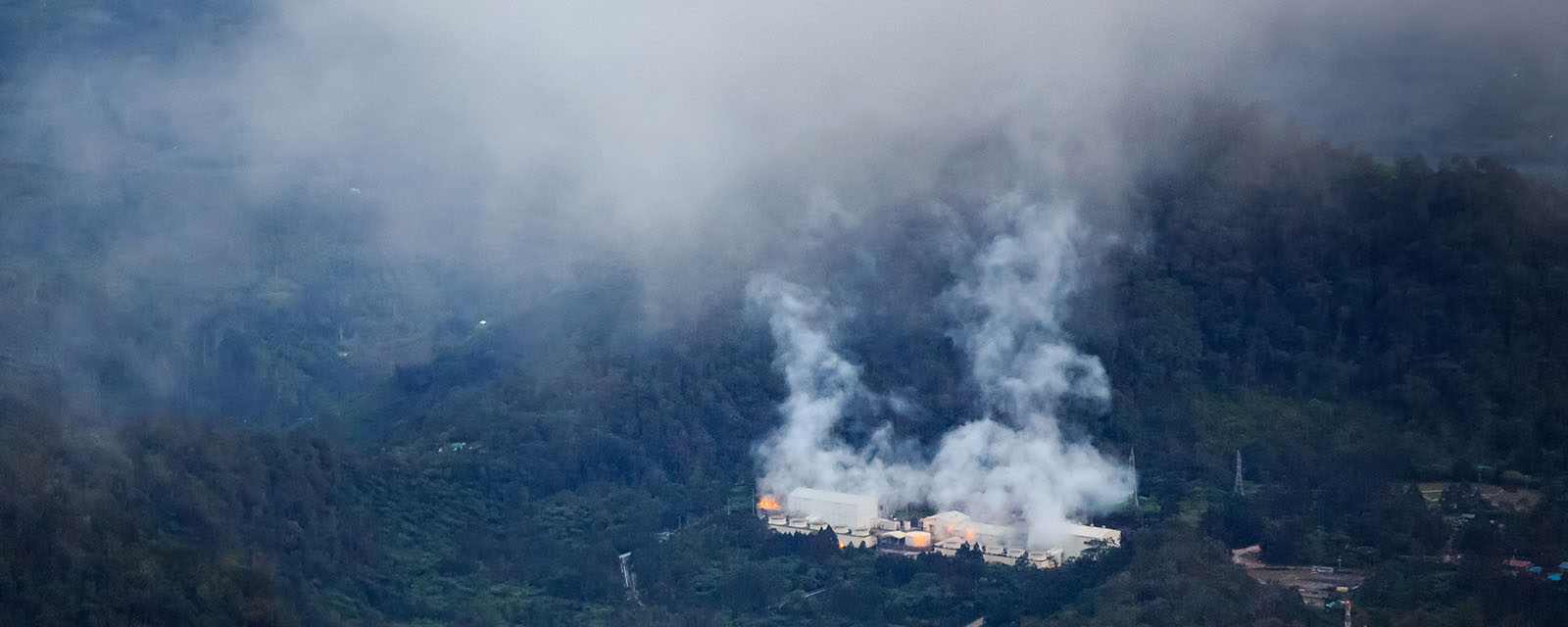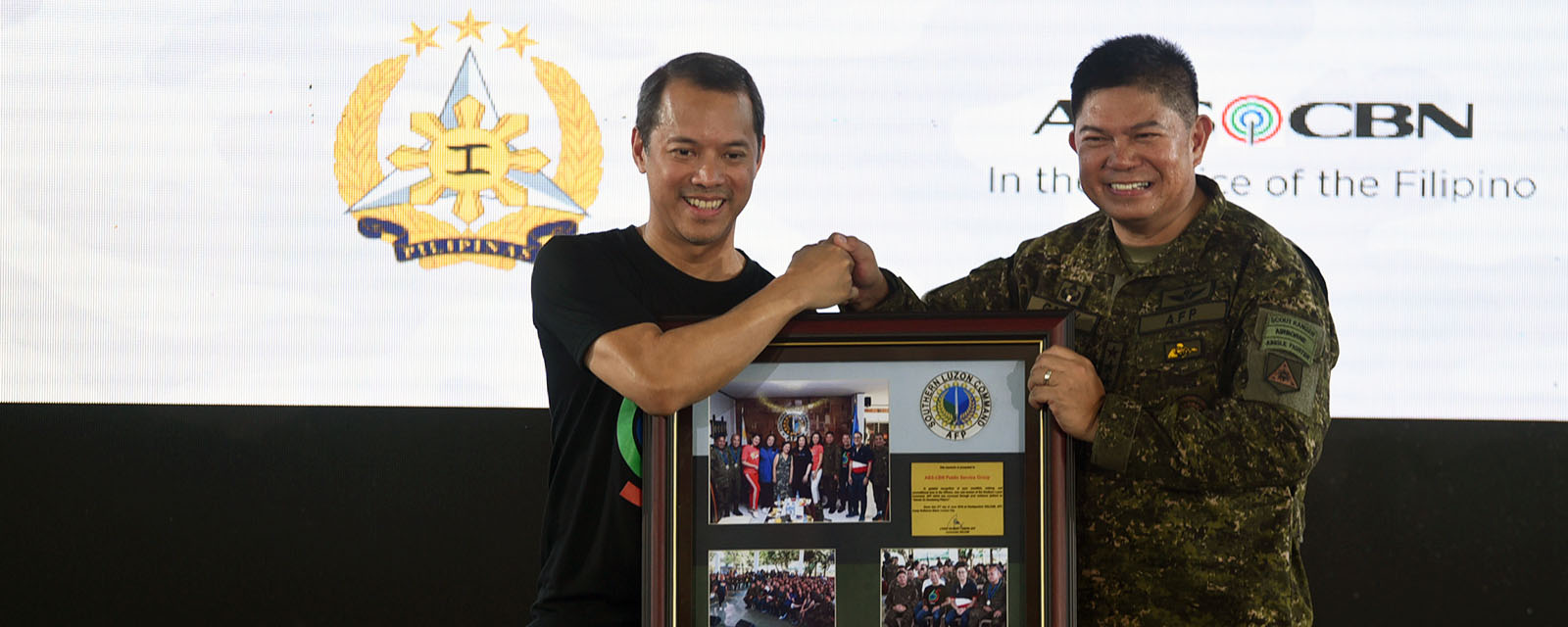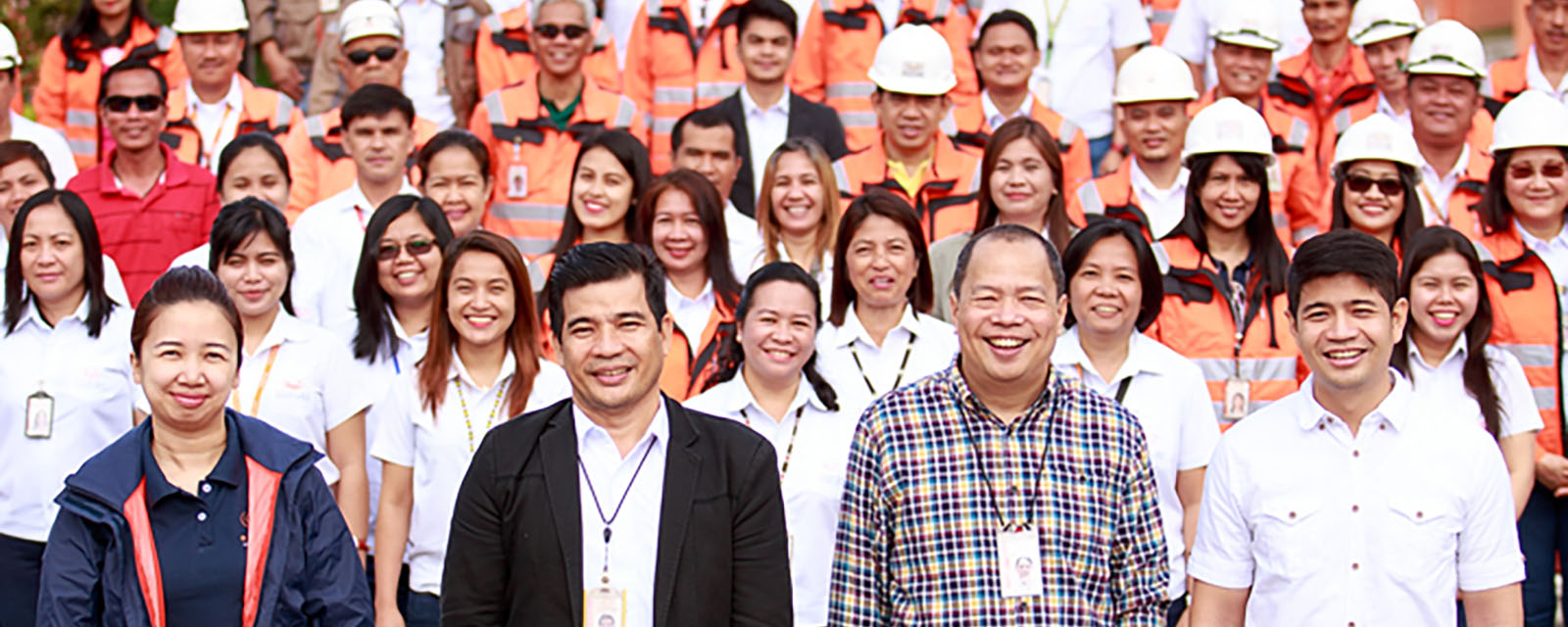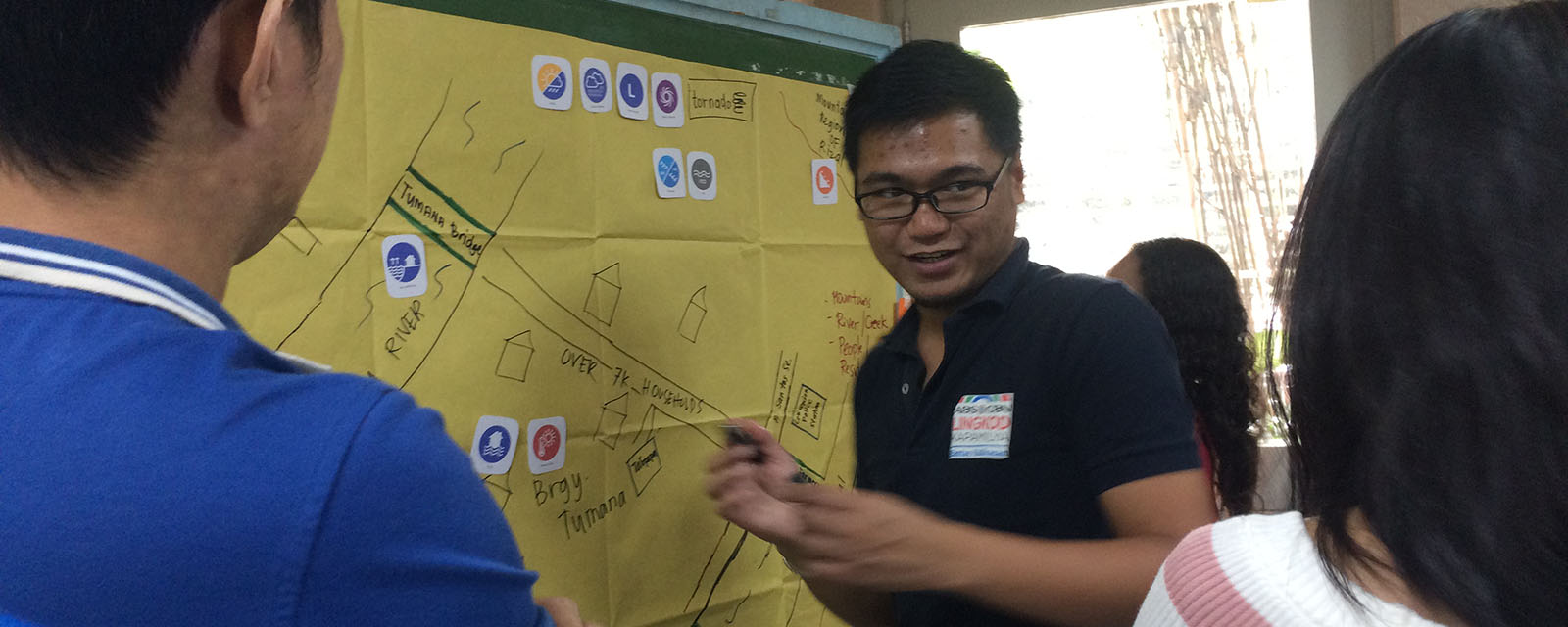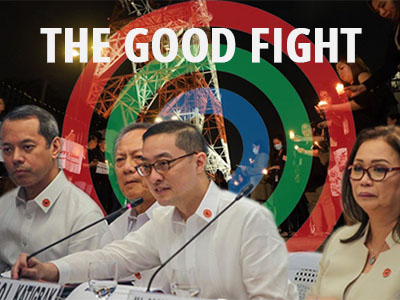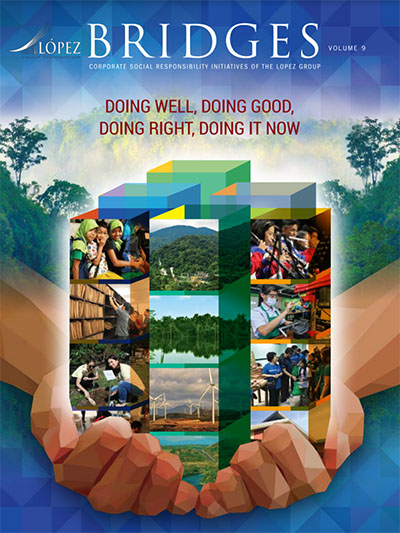A recently released report by PwC Philippines and the Management Association of the Philippines show that over 80% of CEOs surveyed identified climate change and environmental damage among the top threats to their organizations. Businesses, especially those in climate-vulnerable locations, are challenged not just to assess and prepare for the impacts that climate change will have on their operations, but also to gain a competitive edge.
Last September 30, the Oscar M. Lopez Center for Climate Change Adaptation and Disaster Risk Management Foundation (OML Center) held the “2nd OML Legacy Lectures” entitled “Everything but the Weather: Key Discussions for Climate-Responsive Companies” at The Fifth at Rockwell in Makati City. Guest lecturers Steven R. Wilson, PhD, director of Levoca Impact Labs and senior advisor to The Climate Service, and Valerie Kwan, manager of Asia Investment Group on Climate Change’s Climate Action 100+, discussed how companies can apply a climate lens to business risks and opportunities.
In his lecture, Wilson shared that private climate innovation occurring in the market may be larger than the sum of global public adaptation and resilience programs and finance but these actions and innovations are “hidden in plain sight”. “Public and private actors everywhere are vulnerable but use a different language to frame risks and resilience: the language of climate science and policy are not the language of business,” he observed.
Although private actors may not describe their actions as “climate resilience”, he explained that companies’ climate innovations as a result of threats to business continuity, property, and supply chains help the public to better manage their climate risks and vulnerability.
In discussing the successful projects and case studies, including the Private Market for Climate Resilience (PMCR) Project, Wilson underscored that building climate resilience is an opportunity for enterprise development if it is mainstreamed across business processes, and not just kept within the sustainability and corporate responsibility functions. “We cannot avoid climate risks, but we can seek climate opportunities,” he urged.
In providing the investors’ perspective on climate resilience, Kwan highlighted that the impacts of climate change are highly location and system-specific. Consequently, the management of resilience has to be done on the same basis. Investors view climate resilience from two points–from “a market view (top down) portfolio wide perspective and an operational view (bottom up) location specific perspective.”
She shared, however, that “investors are left with an incomplete view of the level of risks at both an asset and portfolio level” due to gaps in the data and knowledge to facilitate investments for extreme climate events. While there are existing tools available, these were designed to tackle global policy-level questions and not provide location-specific and “application ready” data.
To enable transition to a climate resilient economy, she emphasized that it is important to break out of silos and “back up business and investment decisions with the support of science and collaborate on resources and knowledge to know where within your country will be impacted.”
Following their lectures, Wilson and Kwan were joined by a panel of local experts in a discussion moderated by Stefanie Beitien, director of partnerships of Eco-Business. The panel was composed of Rex Victor O. Cruz, PhD, a member of the National Academy of Science and Technology and the National Pool of Technical Experts of the Climate Change Commission; Jerry T. Clavesillas, director of the Bureau of Micro, Small and Medium Enterprise Development of the Department of Trade and Industry; and Floradema Eleazar, outcome lead of the UNDP Climate Action Team in the Philippines.
The local panelists gave their perspectives regarding the role of the private sector in promoting overall resilience, and shared resiliency programs and endeavors that are in place or being developed. Some issues and concerns raised during the discussion include investment opportunities in climate resilience, company disclosures and transparency, and developing a more whole-society approach to engagement on climate resilience.
The annual lecture is mounted in honor of the Center’s namesake, Lopez Group of Companies Chairman Emeritus Oscar M. Lopez (OML). The event strives to capture and highlight OML’s lifelong advocacies for environmental stewardship and socially responsible business.
In her closing remarks, Agnes C. de Jesus, chief sustainability officer of First Philippine Holdings (FPH), shared that, given the invaluable insights and practical solutions presented, she is confident that FPH is on the right path, going “beyond just monitoring (environmental), social and governance parameters” and including climate resilience in the company’s journey. She thanked the guest speakers and experts for introducing new thinking and for highlighting that, while the cost of climate policies and physical risks are huge, the opportunities are greater.
Over 160 guests attended the event representing the private sector, academe, civil sector, government agencies, multinational development agencies, non-government organizations, and research institutes.
ANC is a media partner of the 2nd OML Legacy Lectures.
For more information on the lecture, please contact Katherine Sarmiento at This email address is being protected from spambots. You need JavaScript enabled to view it..

